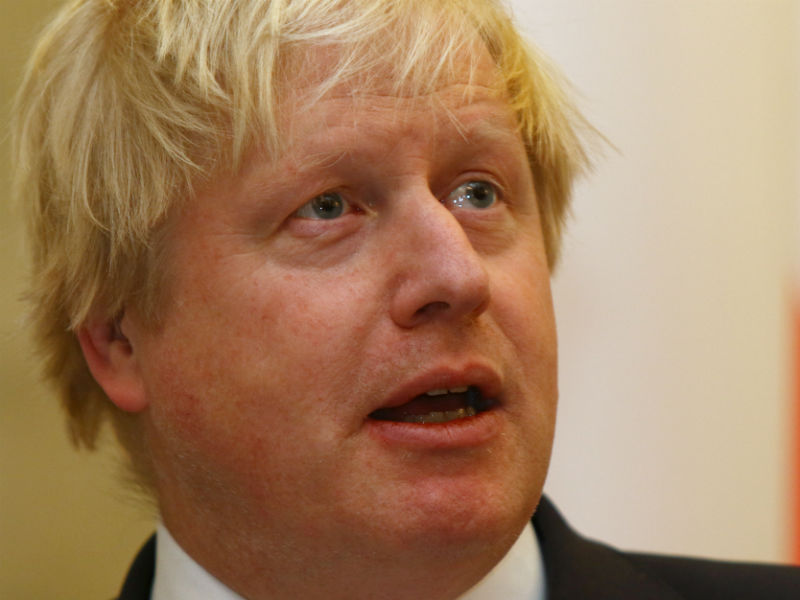
As institutional investors continue to wait for Brexit, will anything change as Boris Johnson becomes prime minister?
Mere months ago, the consensus was Britain would most likely manage some kind of deal to accompany Brexit, but Johnson’s harder stance on Europe changes the rules of engagement. “Already, you’re seeing the financial impact,” says Talbot Babineau, president and chief executive officer at IBV Capital Ltd. “And what we have seen consistently is that once something occurs, it’s very difficult to reverse.”
Read: Snags continue as investors watch Brexit deal developments
For example, considering investments in global equities, if multinational companies start moving employees out of the U.K. in preparation for an unfavourable Brexit result, they won’t simply return them should the situation prove less problematic than anticipated, he says. “Just the threat of a hard Brexit is going to create even further long-term impact on the U.K.”
In Babineau’s opinion, the best way to play an event like Brexit is to invest in companies that are likely to do well regardless. “You can overlay a tariff war with China or Brexit onto a spectrum of companies, and we look for consistent characteristics in those companies that help us identify opportunities in the face of all those adverse political changes.”
Politically speaking, Johnson is taking on the role of prime minister in a world where the norm is under threat, he adds. “Typically, the way we think about a lot of political situations is that individuals in political power . . . have external constraints that prevent them from doing extreme measures as they would wish.”
Read: As Brexit draws closer, what’s noise and what’s not for institutional investors?
So far, Johnson has been consistent with his previous actions, says Damian Fernandes, a vice-president and director at TD Asset Management Inc. “He’s the continuation of this low simmer of a populist movement.”
In his first speech to the British Parliament, Johnson reaffirmed his stance on Brexit, but noted a deal would be preferable. His new position reinforces the atmosphere of uncertainty that’s already in place, says Fernandes, noting that if Parliament decides not to go along with Johnson’s plan, it’s possible a general election will be called.
“I think the most likely path for him is he takes a hardline stance and that leads to no progress on negotiations with the EU, because the EU has already come out and said what he communicated today is a no-go, the Commons ends up blocking the deal . . . and he’s forced to call a general election.”
Read: 2018 Top 40 Money Managers Report: The Trump effect
For institutional investors, the upshot is markets are facing uncertainty at a time when Britain and Europe are already slowing down from a cyclical perspective, says Fernandes, noting the news isn’t all bad for risk assets.
“What got lost in the news about Brexit is that the [European Central Bank] came out [on Thursday] and it also adopted a very dovish stance.”
With central banks signalling their willingness to continue to ease conditions, the business cycle could very well proceed unhindered for some time yet, he says, adding other economic signals are positive.
“U.K. unemployment is literally at 3.8 per cent — the lowest since 1974, despite two and half years of Brexit negotiations, fallout and uncertainty. So the underlying economic backdrop doesn’t look recessionary. The monetary policy continues to be accommodative, even more so going forward.”
Read: Geopolitics becoming a primary market driver for institutional investors
